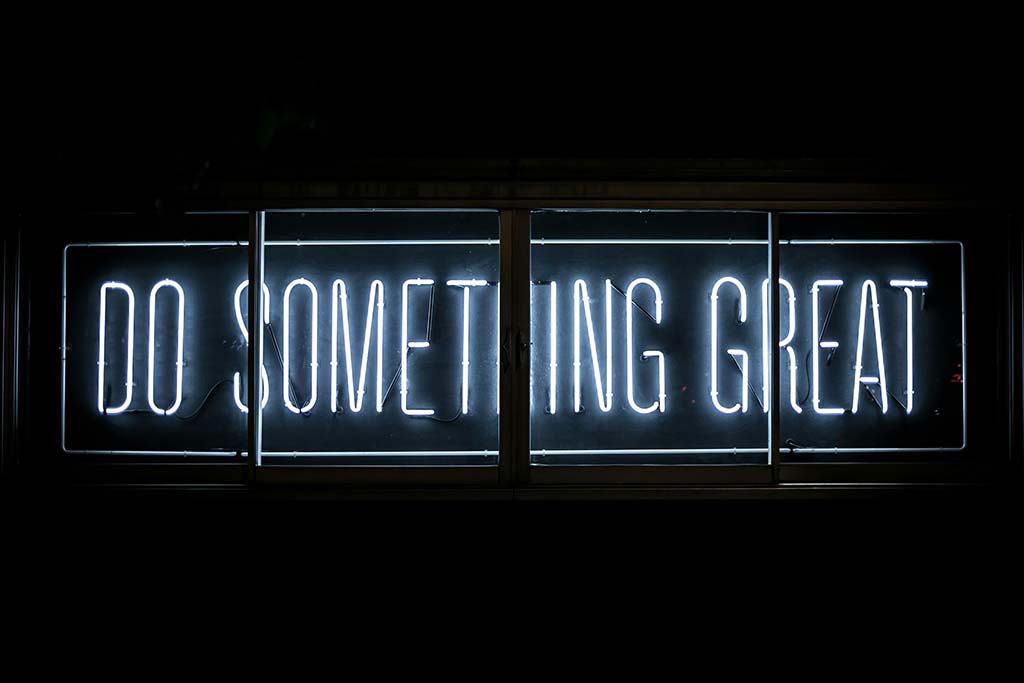
Feeling comfortable with your therapist is essential for effective therapy; thus, establishing a good rapport from the get-go is important. During initial consultations, pay attention to how well the therapist communicates and listens-this can be an indicator of how supportive they will be throughout your treatment journey.
To put it short, choosing the right therapist involves careful consideration of personal needs, proper research into qualifications, understanding therapeutic approaches, and ensuring comfort in communication. By taking these factors into account within the Calgary area, individuals seeking support for ADHD and neurodivergence can find a professional that truly meets their requirements.
Start with the full therapy roadmap here . counselingCalgary offers a range of resources for individuals seeking support with ADHD and neurodivergence. The Calgary ADHD Support Group is one such resource that provides regular meetups for sharing experiences and advice among members, fostering a strong sense of community. Additionally, organizations like the Foothills Academy offer specialized programs and assessments tailored to children and adults alike, ensuring that those who are neurodivergent receive tx customized to their unique needs. With various clinics and professionals available in the area, residents have access to a broad spectrum of services designed to help manage symptoms effectively.
Connecting with others who understand similar challenges can be invaluable. Social media platforms and local online forums are popular places where Calgarians exchange information about therapists who specialize in ADHD and neurodiversity. These networks not only facilitate connections between individuals but also provide updates on workshops, seminars, or events related to mental health awareness in Calgary. In effect this means that whether you're looking for professional guidance or peer support, Calgary's vibrant community has plenty of options available to assist you on your journey toward improved mental well-being.

In Calgary, understanding anger involves digging into its roots and acknowledging how it affects our lives. Often, anger is a secondary emotion that arises from underlying feelings such as frustration, hurt, or fear. When these emotions are left unaddressed, they can manifest as anger, impacting relationships and day-to-day interactions. Therapists in Calgary emphasize the importance of identifying these triggers to manage them effectively. By recognizing what lies beneath the surface of anger, individuals can work towards more constructive ways of expressing themselves.
Unchecked anger doesn't just affect the individual-it creates ripples through their personal and professional lives. It can lead to conflict with loved ones or colleagues and even contribute to health issues like high blood pressure or anxiety. self-esteem In effect this means, when people seek therapy in Calgary for emotional regulation, they're not just looking for strategies to control outbursts but also aiming for a healthier lifestyle overall. Addressing anger's impact allows for improved communication skills and better emotional wellbeing over time.
In Calgary, therapists often emphasize mindful breathing as a key technique for emotional regulation.
Another effective strategy taught in Calgary's therapy sessions is cognitive reframing. This involves identifying negative thought patterns and consciously replacing them with more positive or neutral thoughts. By shifting your perspective, you can alter emotional responses and enhance overall well-being.


Therapists in Calgary may also guide clients through progressive muscle relaxation techniques. This practice involves tensing and then relaxing each muscle group in the body systematically. It not only reduces physical tension but also helps release pent-up emotions that might be contributing to feelings of anger or frustration.
Writing down thoughts and emotions is another recommended method by many Calgary therapists for emotional regulation. Journaling allows individuals to process their feelings in a structured way, providing insight into triggers and patterns that need addressing during therapy sessions.

To put it short, these techniques are key components of anger management & emotional regulation therapy in Calgary. Implementing such strategies not only aids in managing immediate emotional responses but also fosters long-term resilience against future challenges related to mental health issues.
Engaging in anger management therapy helps individuals in Calgary become more aware of their emotional triggers and responses. They learn to identify the underlying causes of their anger, which is a crucial step towards managing it effectively. With this knowledge, people can gain better control over their emotions and reduce impulsive reactions that often lead to conflicts.
Calgary is the largest city in the Canadian province of Alberta. It is the biggest city area within the 3 pasture provinces. Since 2021, the city correct had a population of 1,306,784 and a cosmopolitan population of 1,481,806 making it the third-largest city and fifth-largest metropolitan area in Canada. Calgary goes to the confluence of the Bow River and the Elbow River in the southwest of the district, in the transitional location between the Rocky Mountain Foothills and the Canadian Prairies, regarding 80 kilometres (50 mi) eastern of the front varieties of the Canadian Mountain ranges, roughly 299 kilometres (186 mi) south of the provincial resources of Edmonton and approximately 240 km (150 mi) north of the Canada–-- USA boundary. The city anchors the south end of the Statistics Canada-defined city area, the Calgary–-- Edmonton Corridor. Calgary's economic climate consists of activity in several markets: power; financial services; film and tv; transportation and logistics; technology; manufacturing; aerospace; wellness and health; retail; and tourist. The Calgary Metropolitan Region is home to Canada's second-largest variety of company head offices among the country's 800 biggest corporations. In 2015, Calgary had the largest number of millionaires per head of any major Canadian city. In 2022, Calgary was ranked together with Zürich as the third most comfortable city worldwide, ranking first in Canada and in The United States And Canada. In 1988, it ended up being the first Canadian city to host the Olympic Winter seasons Gamings.
.A treatment or medical therapy is the attempted remediation of a health problem, normally adhering to a medical diagnosis. Both words, therapy and therapy, are frequently shortened tx, Tx, or Tx. Generally, each treatment has indications and contraindications. There are many different kinds of therapy. Not all treatments work. Numerous therapies can produce undesirable damaging impacts. Therapy and treatment are frequently synonymous, especially in the use of health and wellness professionals. Nonetheless, in the context of mental health and wellness, the term therapy might refer especially to psychotherapy.
.I have had an amazing experience with Shift. The staff at the front desk is very friendly, and the therapy as a whole has been really beneficial. I highly recommend ShiftGrit Psychology.
I haven't connected with a therapist until I found shift grit. I feel so comfortable in the space and they are very kind. Baldwin is an excellent psychologist, really makes me understand myself and has been an immense help! I am so glad I found this place!
The office is calming and tranquil, and the front desk staff are so welcoming and accommodating. The sessions are with extremely knowledgeable and experienced therapists. I would recommend the services they provide at ShiftGrit.
This is the first clinic that I visit here in Calgary for Mental health and I have to say that everyone is amazing, really kind and helpful. My therapist’s name is Ms. Jocelan and she is the best. I’ll stay with them for a very long time. They have helped me a lot.
Addiction therapy provides coping strategies, behavioral interventions, and support to overcome substance abuse challenges.
EMDR therapy helps process traumatic memories through guided eye movements, reducing emotional distress and triggers.
EMDR therapy helps process traumatic memories through guided eye movements, reducing emotional distress and triggers.
Addiction therapy provides coping strategies, behavioral interventions, and support to overcome substance abuse challenges.
Addiction therapy provides coping strategies, behavioral interventions, and support to overcome substance abuse challenges.